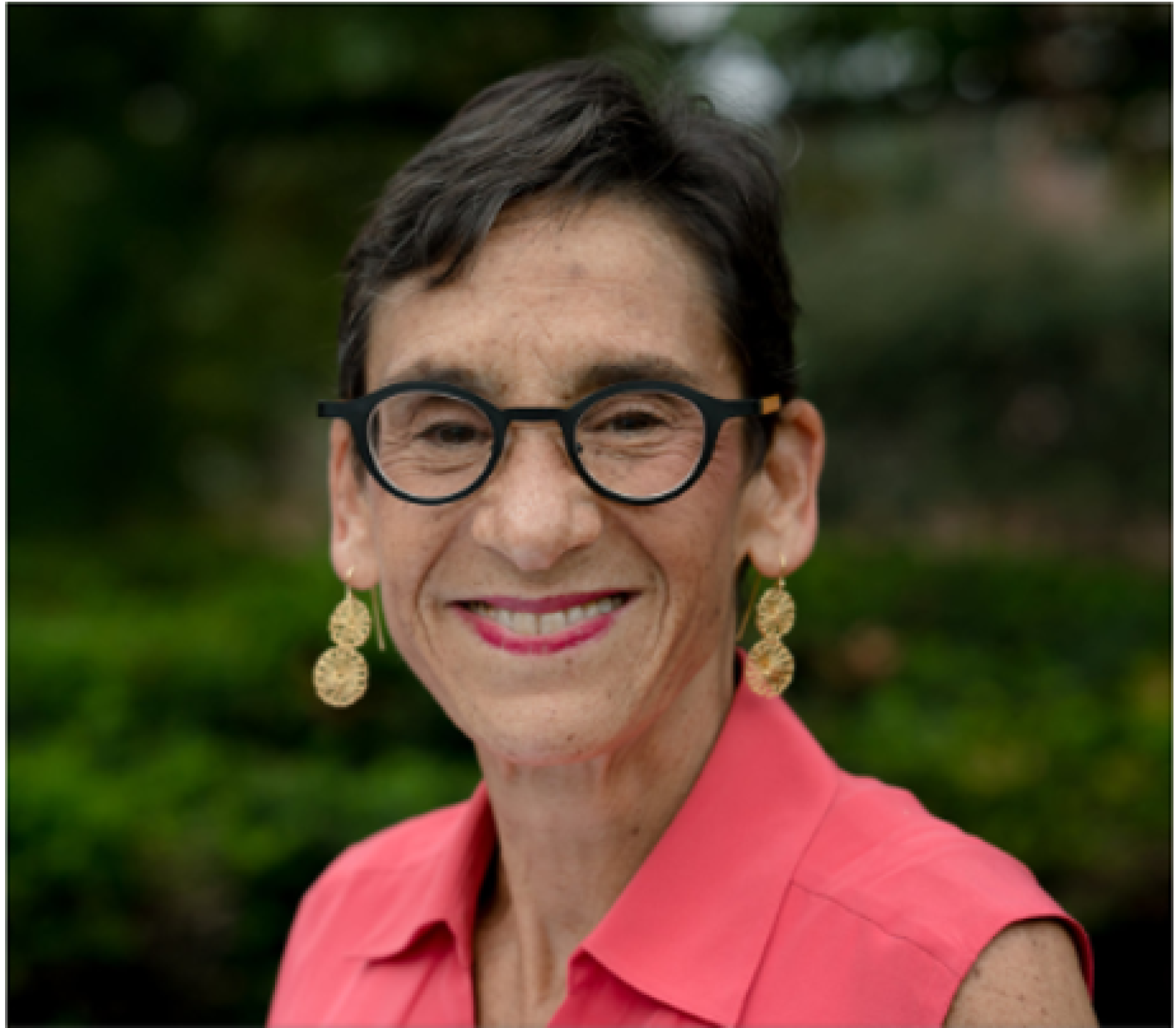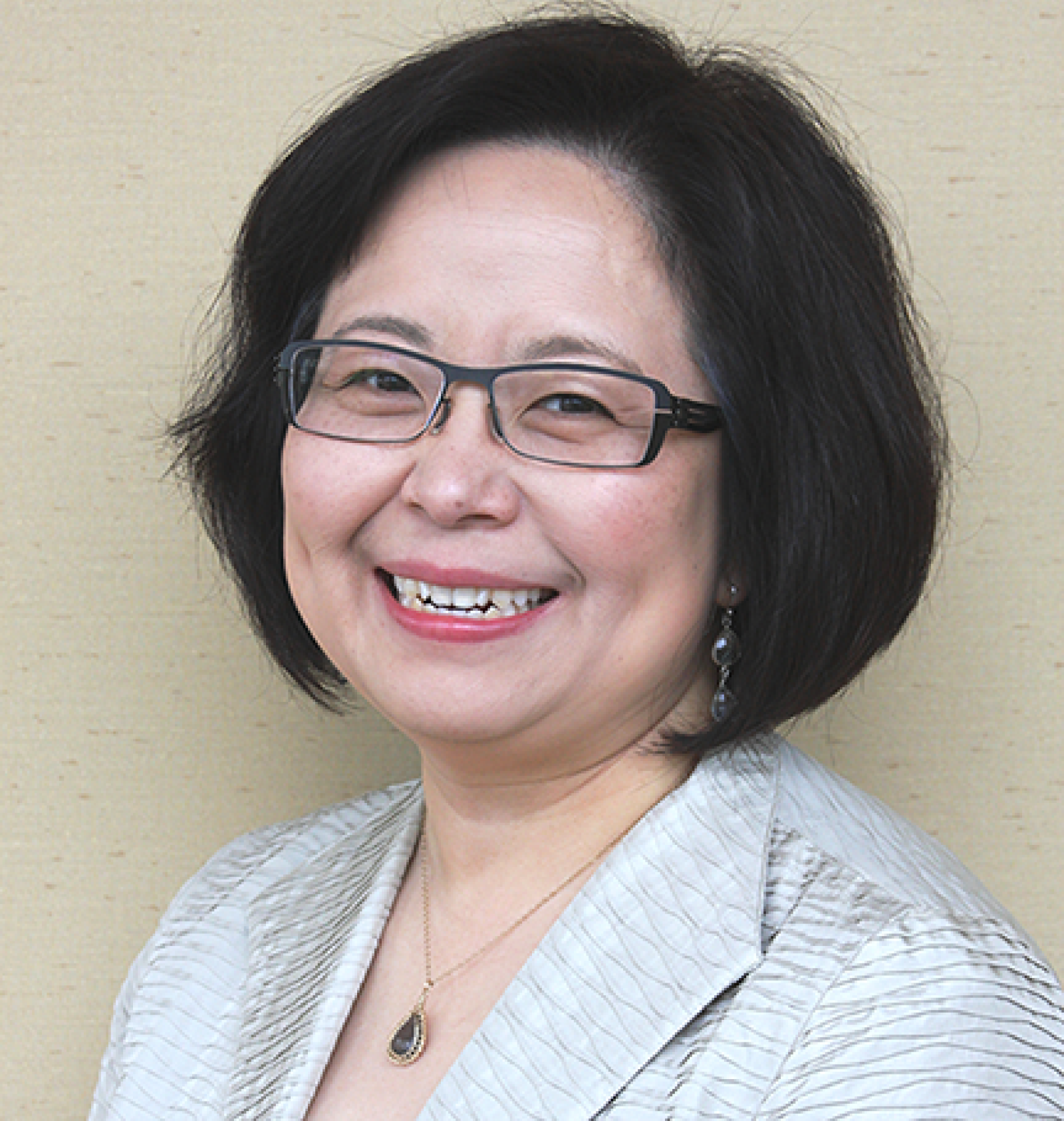Flu shots now required for all personnel in long term care and assisted living
After years of encouraging voluntary efforts to increase the number of health care personnel vaccinated against the flu, Massachusetts now requires that everyone working in long term care facilities, adult day health programs, outpatient dialysis centers and assisted living communities be vaccinated this season.
In orders issued earlier this month, the Department of Public Health (DPH) calls for flu shots for medical staff, contract and staff employees, students and on-site volunteers, whether or not they have direct contact with patients and residents. The orders strengthen existing regulations by removing personal or philosophical exemptions; individuals with specific religious or medical contraindications may still apply for exemption from the vaccination requirement.
Facilities and organizations have until December 31, 2020, to ensure personnel are vaccinated and until January 15, 2021, to submit documentation to the state.
Key takeaways
Elements of success
A strong organizational culture of preserving the health of older adults helps support compliance with vaccination policies.
The future
Conversations with personnel about flu vaccination this fall may prompt questions about policies for COVID-19 vaccines in the future.
Referencing the State of Emergency declared by Governor Charlie Baker in March to control the spread of COVID-19, DPH notes that reducing the burden of flu through immunization can help preserve resources such as personnel, hospital capacity and personal protective equipment for COVID-19 this fall and winter. In addition, DPH emphasizes that older individuals are both vulnerable to seasonal flu and account disproportionately for serious illness and death due to COVID-19.
In addition to nursing facility staff, the Massachusetts Senior Care Association also strongly urges all visitors to obtain a flu shot. Tara Gregorio, President of Mass Senior Care, which represents nearly 400 facilities that serve older adults and people with disabilities in the Commonwealth, says that most are “on track to meet the Department of Public Health’s order.”
The new flu vaccine requirements were issued as part of a new round of support and accountability actions for nursing facilities. The state also continues to provide funding and other assistance for COVID surveillance testing in long term care and assisted living residences.
For years, the state has required facilities to offer free flu shots to their workforce and encouraged them to meet a goal of vaccinating at least 90% of all workers annually. In the winter of 2018-2019 — the last season for which data are available — most acute care hospitals achieved or exceeded the 90% goal. But facilities in other settings, including many that serve older adults, face a number of barriers.

Barbara Resnick, Ph.D., CRNP, a national leader in geriatrics research, education and clinical practice, applauds the Commonwealth’s vaccination requirement. While there is no uniform national data on health care worker vaccination rates in long term care settings, Dr. Resnick estimates that “somewhere between 25% to 33%” of nursing homes mandate flu vaccination for personnel.
Working to support the National Adult Vaccination Program of the Gerontological Society of America, Resnick understands the challenges organizations face when trying to improve vaccine rates. “Some long term care facilities and senior communities have been afraid they’ll lose staff members if they mandate flu vaccination,” says Dr. Resnick. “Orders that come from the state are more likely to be effective.”
Organizational culture makes a difference
Since 2013, Hebrew SeniorLife, a non-profit organization with 2,600 employees in greater Boston, has used a strict policy to achieve vaccination rates of greater than 90% among staff members at its facilities, which provide a wide range of residential and health care services to older adults.
Chief Medical Officer Helen Chen, M.D., attributes some of Hebrew SeniorLife’s success with vaccination to the staff’s commitment to serving and protecting senior adults. “It is really relevant that we are a values-driven organization,” says Dr. Chen. “People work here because they have a heart for seniors and senior care. The vast majority care very deeply. I'm not saying we’re unique, but the culture of the organization does make a real difference.”

Dr. Chen and her colleagues at Hebrew SeniorLife answer staff members’ questions and address their hesitations about vaccination. “We believe that every person deserves to know why we're asking them to do this. There needs to be honesty, exceptional communication and willingness to answer any question,” says Dr. Chen.
The state’s new policy means that organizations will need to develop procedures for record-keeping and reporting. Dr. Resnick points out that vaccinating personnel onsite – versus relying on individuals to go to their local pharmacies – can simplify documentation for larger organizations. She also recommends appointing an in-house champion to coordinate the effort.
In addition to outreach, education and some common “tricks of the trade” for compliance — incentives, competition between units, and making it easy to get a flu shot — Dr. Resnick believes that motivational empowerment also helps: “Self-efficacy, believing in our ability to make a difference and the satisfaction that comes from doing the right thing can drive people to do the right thing.”
COVID-19 vaccine on the horizon
Conversations with personnel about flu vaccination this fall may prompt questions about vaccination against COVID-19. Dr. Chen reports that she’s aware of anxiety in the workforce about the potential for COVID-19 vaccine mandates, as is Will Erickson, who works at UMass Memorial Health Care on behalf of SHARE, a union that represents approximately 3,000 employees.
“We have a tremendous amount of experience with the flu vaccine, but COVID vaccines will be brand new,” notes Dr. Chen. She says that credibility and good science will be foundational to conversations with the staff and notes that Hebrew SeniorLife and other organizations that have worked on rolling out mandatory flu vaccination will be “well ahead of well ahead of the curve” when COVID-19 vaccines become available.
